Edmund Hillary and Tenzing Norgay couldn't have possibly conquered Everest without one man's contribution.
Book: The Perfect Gentleman, The Untold Story of Griffith Pugh, The Man Who Made it Possible
Author: Random House
Publisher: Hachette
Pages: 461
Price: Rs599
On May 29, it will be exactly 60 years since the first men stepped on the summit of Mount Everest. Edmund Hillary and Tenzing Norgay’s conquest of the world’s highest peak was greeted as a magnificent triumph of human spirit over “aloof, inviolate, murderous” nature. But was it just that? For while endurance and skill played a large part, the ascent of Everest would not have been possible if the expedition hadn’t used innovations arising out of new scientific understandings of the human body and how it reacts to the lack of oxygen and intense cold at high altitudes.
Griffith Pugh, as his daughter Harriet Tuckey establishes in this book, was a pioneer in this area of science, with many of his innovations and guidelines followed even today by Everest expeditions. For instance, it was Pugh who worked out, after painstaking research, the oxygen and fluid intake regimens, and that expeditions should set aside roughly four weeks for acclimatisation. He even designed a lightweight stove, modified the clothing and equipment, designed the tents and airbeds, and planned the expedition’s diet.
Everest...is Tuckey’s tribute to her father, a project to unearth and record Pugh’s contributions and set the record straight about the scientific aspect of the 1953 triumph. She succeeds in putting this personal project in a historical context, showing how the disregard shown to her father by influential members of the mountaineering community arose not just from personal animosity, but from a clash of ideas about the means and ends of mountaineering activity, which in turn was influenced by the social, cultural, political and scientific upheavals taking place in the war years.
Mountaineering had remained a “gentleman’s” activity in Britain until the middle of the 20th century. It was controlled by Britain’s Everest Committee and the Alpine Club, bodies dominated by the public school-educated upper classes who had a romantic view of climbing as an encounter between man and mountain, and fiercely opposed the use of oxygen or other scientific aids. Thus most Everest expeditions until 1953 were small in size, poorly organised with little thought to attire, food, acclimatisation or even hygiene. In addition, Britain’s domination of south-east Asia meant that until the late 1940s, when Tibet fell to China and India gained independence, thereby limiting access to the high Himalayas, the British mountaineers had little competition from other countries.
Tracing the history of the political jostling over Everest, Tuckey shows how it was the two Swiss expeditions of 1929 and 1951 that finally made the British mountaineering establishment realise that they needed to change their attitude if they wanted to get on Everest first. Pugh, as the scientist in charge of ensuring that the climbers adhered to scientific principles and used oxygen, was caught in the crossfire, and became the butt of the derision of those like Edmund Hillary and the 1953 Expedition leader John Hunt, who still held on to romantic notions.
Pugh’s own personality — eccentric, blunt, rude; a loner who did not promote himself or his work, and who nursed a sense of being persecuted by his peers — did not help.
Tuckey paints a rather unflattering picture of a selfish and impatient man who cruelly neglected his wife and four children, and was consistently adulterous. She does not hold back her punches as she narrates how he told her once, when she was about 10 and had gone to him for help with maths homework: “Oh Christ, I didn’t realize just how stupid you were!”
The story of how Tuckey comes to understand her father in the course of her research is an important parallel track. It’s a touching personal narrative, which will strike a chord with all those who’ve had difficult relationships with their parents. It helps, in the context of this book, to breathe life into the story of a man whom history had passed by.
![submenu-img]() Natasa Stankovic, Aleksandar Ilic enjoy in Goa pool, netizens believe 'Hardik Pandya crying in corner'
Natasa Stankovic, Aleksandar Ilic enjoy in Goa pool, netizens believe 'Hardik Pandya crying in corner'![submenu-img]() IPL chairman reveals the reason behind Rs 18 crore cap for overseas players
IPL chairman reveals the reason behind Rs 18 crore cap for overseas players![submenu-img]() Scientists reveal hidden ocean within Earth's mantle, 700 kms below surface
Scientists reveal hidden ocean within Earth's mantle, 700 kms below surface![submenu-img]() Solar Eclipse on October 2: Know how fast will the 'Ring of Fire' travel
Solar Eclipse on October 2: Know how fast will the 'Ring of Fire' travel![submenu-img]() Devara box office collection day 4: Jr NTR, Saif Ali Khan, Janhvi Kapoor film begins to lose race
Devara box office collection day 4: Jr NTR, Saif Ali Khan, Janhvi Kapoor film begins to lose race![submenu-img]() Iran ने रची थी Israel के पीएम बेंजामिन नेतन्याहू को मारने की साजिश, सीक्रेट एजेंसी का दावा
Iran ने रची थी Israel के पीएम बेंजामिन नेतन्याहू को मारने की साजिश, सीक्रेट एजेंसी का दावा![submenu-img]() Govinda: बॉलीवुड एक्टर गोविंदा को लगी गोली, ICU में कराया गया भर्ती
Govinda: बॉलीवुड एक्टर गोविंदा को लगी गोली, ICU में कराया गया भर्ती![submenu-img]() IND vs BAN 2nd Test Day 5 Live Score: महज 146 रनों पर सिमटी बांग्लादेश, भारत को मिला 95 रनों का लक्ष्य
IND vs BAN 2nd Test Day 5 Live Score: महज 146 रनों पर सिमटी बांग्लादेश, भारत को मिला 95 रनों का लक्ष्य![submenu-img]() 'ओम्फो.. धर्राटे काट रही', एक साथ 71 Lamborghini का रौला देख लोग हुए दंग, Video हुआ Viral
'ओम्फो.. धर्राटे काट रही', एक साथ 71 Lamborghini का रौला देख लोग हुए दंग, Video हुआ Viral![submenu-img]() घूमने जानें से पहले ट्रैवलिंग किट में जरूर रखें ये चीजें, फोटोज में किसी हिरोइन से कम नहीं लगेंगी आप
घूमने जानें से पहले ट्रैवलिंग किट में जरूर रखें ये चीजें, फोटोज में किसी हिरोइन से कम नहीं लगेंगी आप ![submenu-img]() Mahindra Thar Roxx 4x4 prices revealed, starts at Rs…
Mahindra Thar Roxx 4x4 prices revealed, starts at Rs…![submenu-img]() Sebi gives nod to Hyundai India's Rs 20,000 crore IPO, listing month is...
Sebi gives nod to Hyundai India's Rs 20,000 crore IPO, listing month is...![submenu-img]() Tata launches Nexon iCNG, check price, mileage, other features
Tata launches Nexon iCNG, check price, mileage, other features![submenu-img]() This Indian car brand set to acquire 50% stake in Skoda Auto Volkswagen India, deal will cost Rs…
This Indian car brand set to acquire 50% stake in Skoda Auto Volkswagen India, deal will cost Rs…![submenu-img]() Ford to return to India after 2 years with reopening of....
Ford to return to India after 2 years with reopening of....![submenu-img]() CAT 2024 application correction window closes today; check how to make changes, direct link here
CAT 2024 application correction window closes today; check how to make changes, direct link here![submenu-img]() Meet woman who left high-paying job at US govt agency for UPSC exam, became IAS officer with AIR...
Meet woman who left high-paying job at US govt agency for UPSC exam, became IAS officer with AIR...![submenu-img]() This man was behind IT giant valued at over Rs 13.78 lakh crore, born in Peshawar, also known as father of...
This man was behind IT giant valued at over Rs 13.78 lakh crore, born in Peshawar, also known as father of...![submenu-img]() Meet woman, who scored highest marks in UPSC interview history, not Tina Dabi, Smita Sabharwal, she is...
Meet woman, who scored highest marks in UPSC interview history, not Tina Dabi, Smita Sabharwal, she is...![submenu-img]() Meet India's youngest woman to crack UPSC exam at age 21, secured AIR 13, but didn't become IAS due to...
Meet India's youngest woman to crack UPSC exam at age 21, secured AIR 13, but didn't become IAS due to...![submenu-img]() After Hassan Nasrallah's Death, This Cleric Is Now Tipped To Be Hezbollah Leader | Israel | Lebanon
After Hassan Nasrallah's Death, This Cleric Is Now Tipped To Be Hezbollah Leader | Israel | Lebanon![submenu-img]() Hashem Safieddine, Cousin Of Hassan Nasrallah To Become Hezbollah's New Chief | Israel-Lebanon War
Hashem Safieddine, Cousin Of Hassan Nasrallah To Become Hezbollah's New Chief | Israel-Lebanon War![submenu-img]() Israel Hezbollah War: Nasrallah's Death, A Turning Point for Hezbollah's Future? Experts Explain
Israel Hezbollah War: Nasrallah's Death, A Turning Point for Hezbollah's Future? Experts Explain![submenu-img]() Israel Hezbollah War: Hassan Nasrallah's Death Leads To Protests In J&K, Ex-CM Mehbooba Mufti Reacts
Israel Hezbollah War: Hassan Nasrallah's Death Leads To Protests In J&K, Ex-CM Mehbooba Mufti Reacts![submenu-img]() Israel Hezbollah War: Nasrallah's Death Leads To Protest By Women & Children In Jammu And Kashmir
Israel Hezbollah War: Nasrallah's Death Leads To Protest By Women & Children In Jammu And Kashmir![submenu-img]() Meet man who had 20 failed start-ups, got inspired by empty refrigerator, currently owns firm worth Rs 85158 crore...
Meet man who had 20 failed start-ups, got inspired by empty refrigerator, currently owns firm worth Rs 85158 crore...![submenu-img]() Ratan Tata's company ends 'legacy steel making' after 100 years, we know the reason
Ratan Tata's company ends 'legacy steel making' after 100 years, we know the reason![submenu-img]() Google rejected this man's request, he left company, now re-hired for Rs 22625 crore
Google rejected this man's request, he left company, now re-hired for Rs 22625 crore![submenu-img]() Keep your demat account safe from fraud with these 6 tips
Keep your demat account safe from fraud with these 6 tips ![submenu-img]() Understanding The New Health Insurance Regulations In India: What Policyholders Need To Know
Understanding The New Health Insurance Regulations In India: What Policyholders Need To Know![submenu-img]() 7 unknown facts about Mithun Chakraborty, Dadasaheb Phalke Awardee
7 unknown facts about Mithun Chakraborty, Dadasaheb Phalke Awardee![submenu-img]() 7 things to keep under your pillow for money and luck
7 things to keep under your pillow for money and luck![submenu-img]() 10 thirst trap pics of Janhvi Kapoor
10 thirst trap pics of Janhvi Kapoor![submenu-img]() From jumping ropes to push-ups: 7 effective morning exercises to lose weight
From jumping ropes to push-ups: 7 effective morning exercises to lose weight ![submenu-img]() XXX show actress Aabha Paul dances to popular Bollywood songs in sexy videos
XXX show actress Aabha Paul dances to popular Bollywood songs in sexy videos![submenu-img]() 'Gone to Adani's pocket': LoP Rahul Gandhi claims BJP govt intends to snatch away pensions from Agniveers
'Gone to Adani's pocket': LoP Rahul Gandhi claims BJP govt intends to snatch away pensions from Agniveers![submenu-img]() What is Green War Room, created to curb Delhi air pollution?
What is Green War Room, created to curb Delhi air pollution?![submenu-img]() MUDA scam: ED books Karnataka CM Siddaramaiah in money laundering case
MUDA scam: ED books Karnataka CM Siddaramaiah in money laundering case![submenu-img]() Big relief for UP boy who lost IIT seat over Rs 17000 fees, here's what SC said
Big relief for UP boy who lost IIT seat over Rs 17000 fees, here's what SC said![submenu-img]() FM Nirmala Sitharaman, other BJP leaders get relief as Karnataka HC halts extortion case probe
FM Nirmala Sitharaman, other BJP leaders get relief as Karnataka HC halts extortion case probe




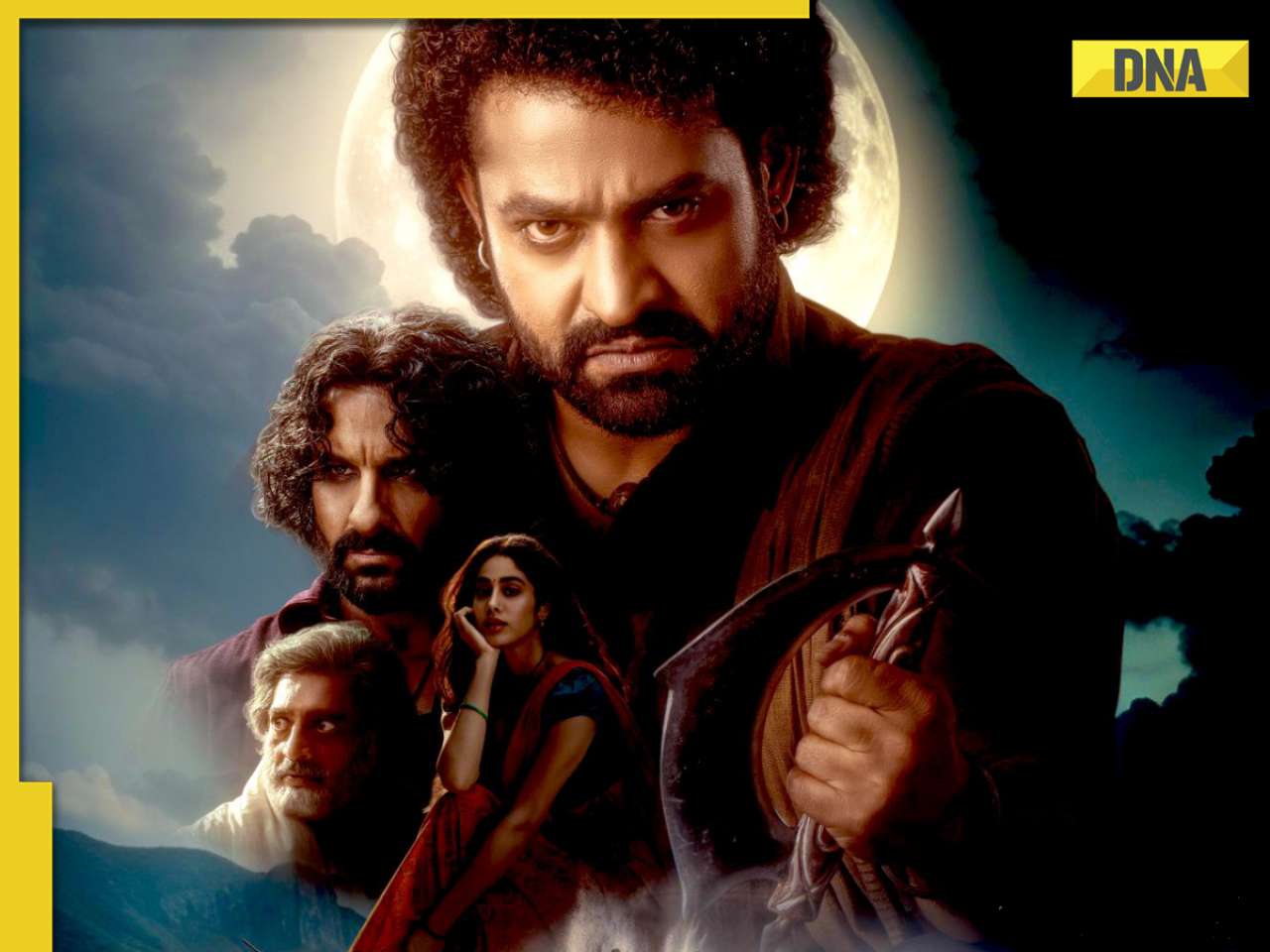

















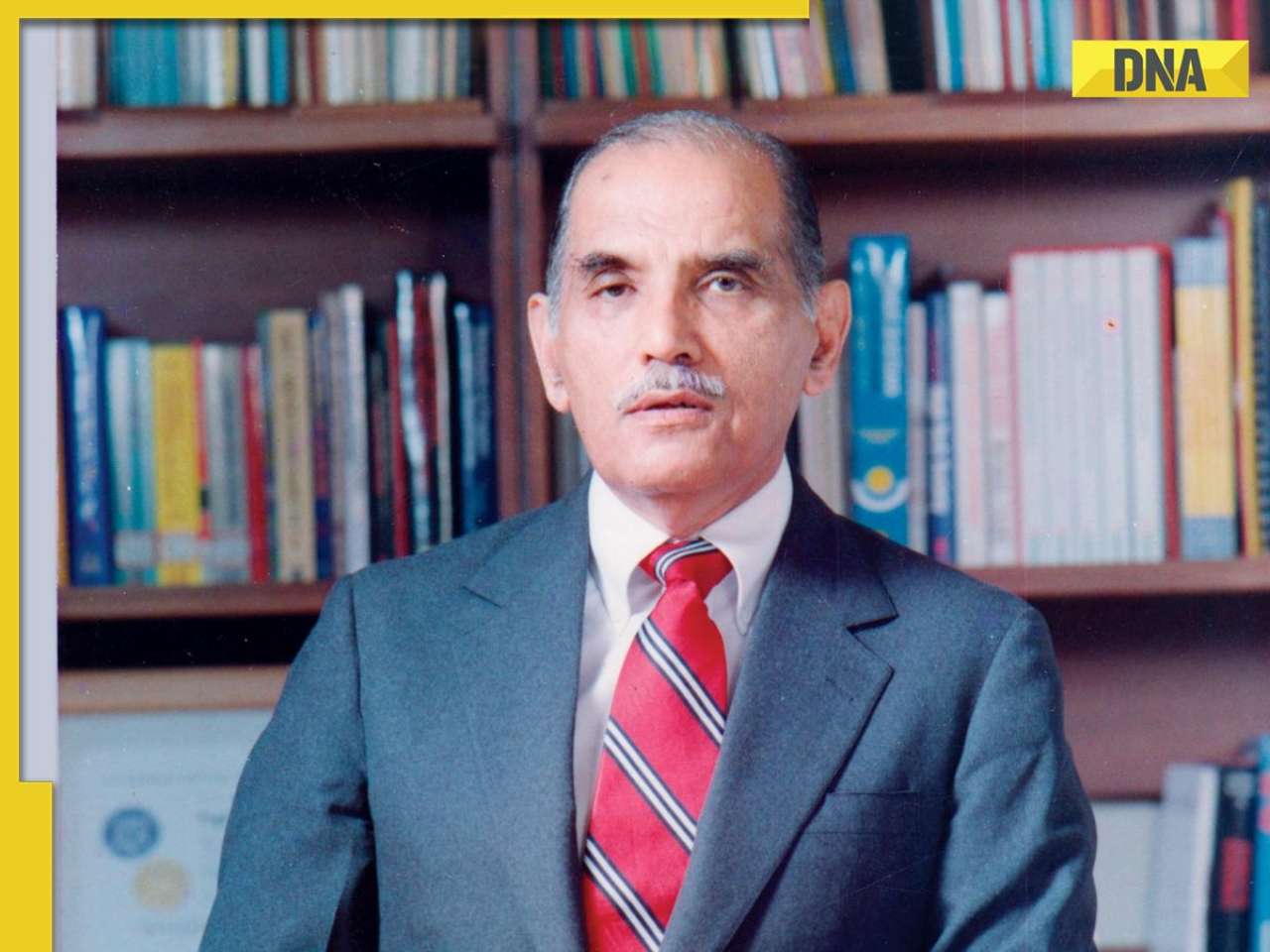




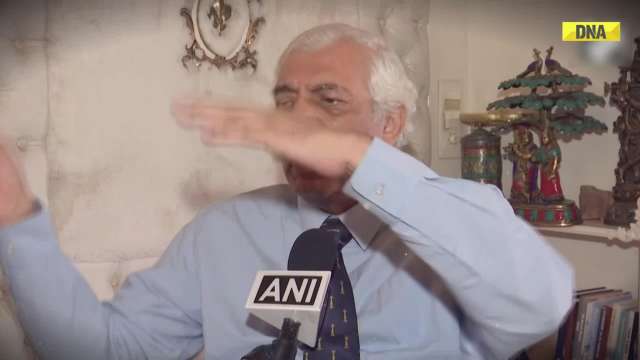














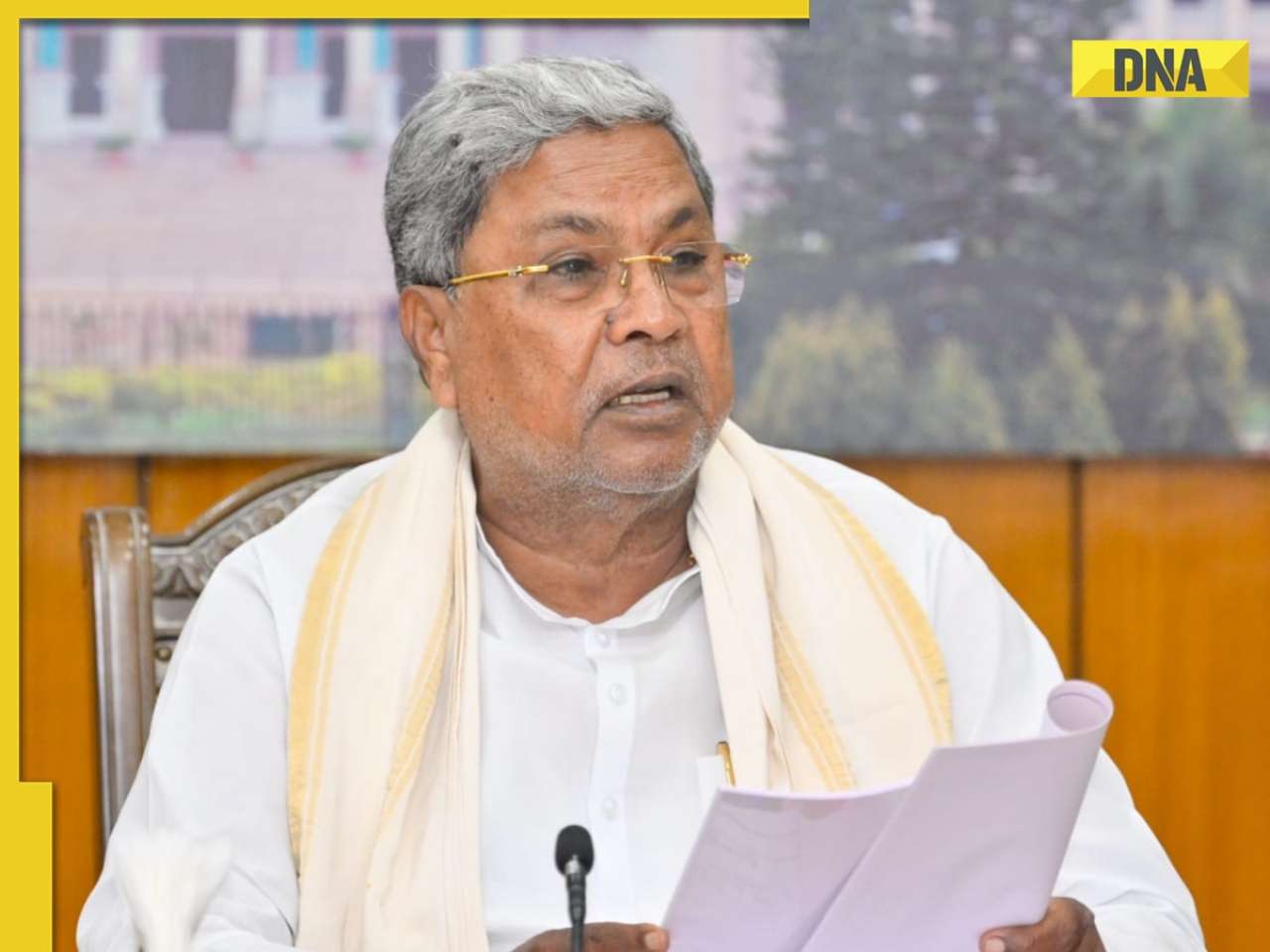

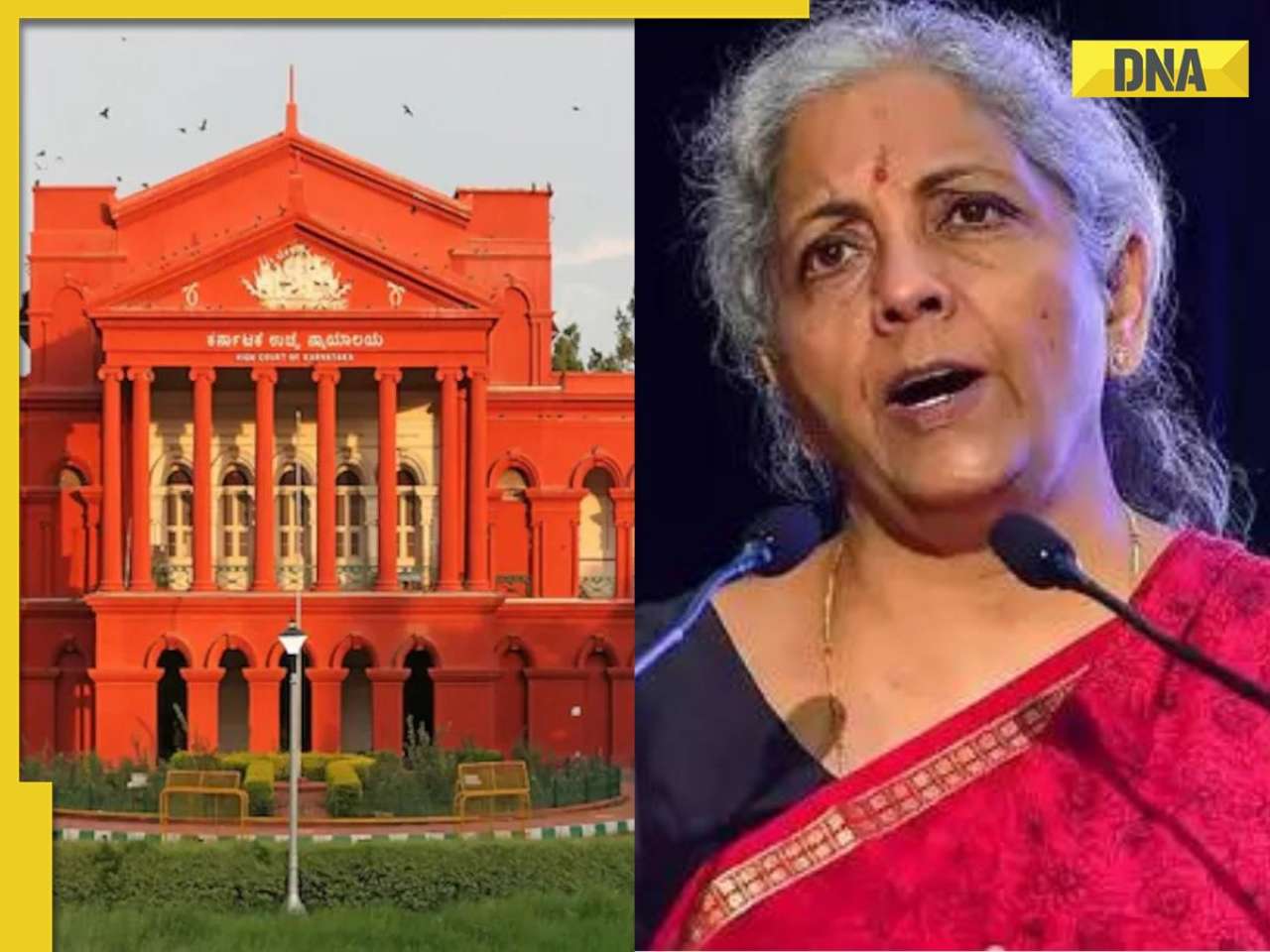

)
)
)
)
)
)
)
)
)
)
)
)
)
)
)





)
)
)
)
)
)